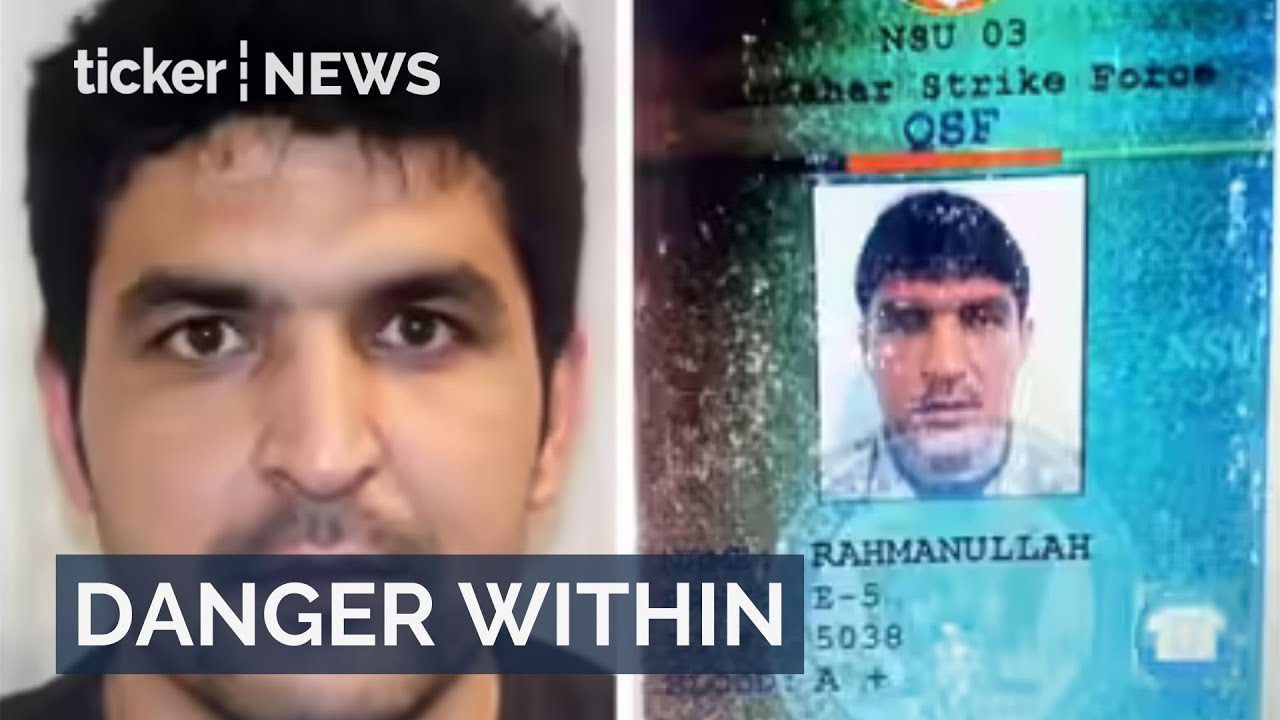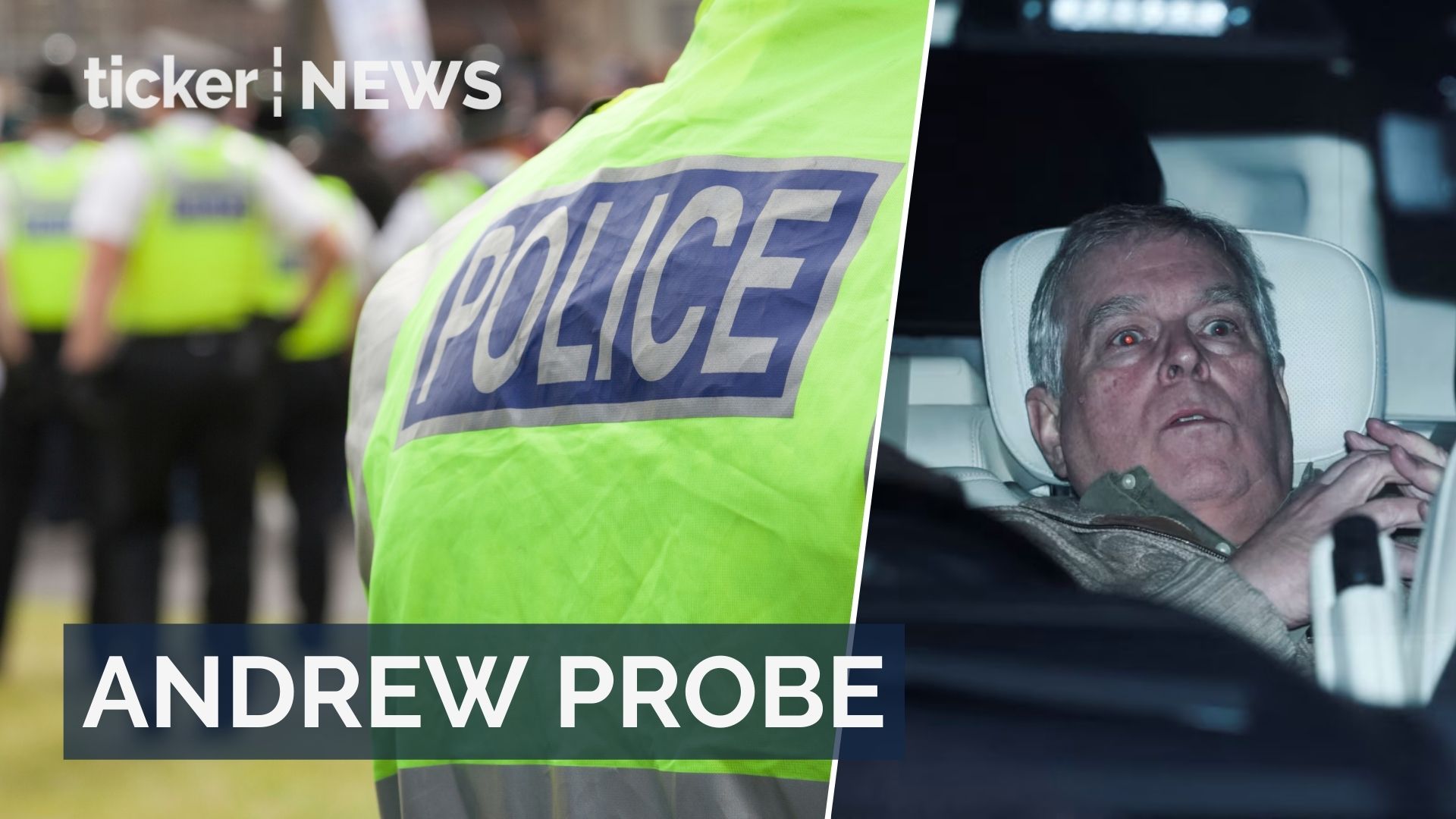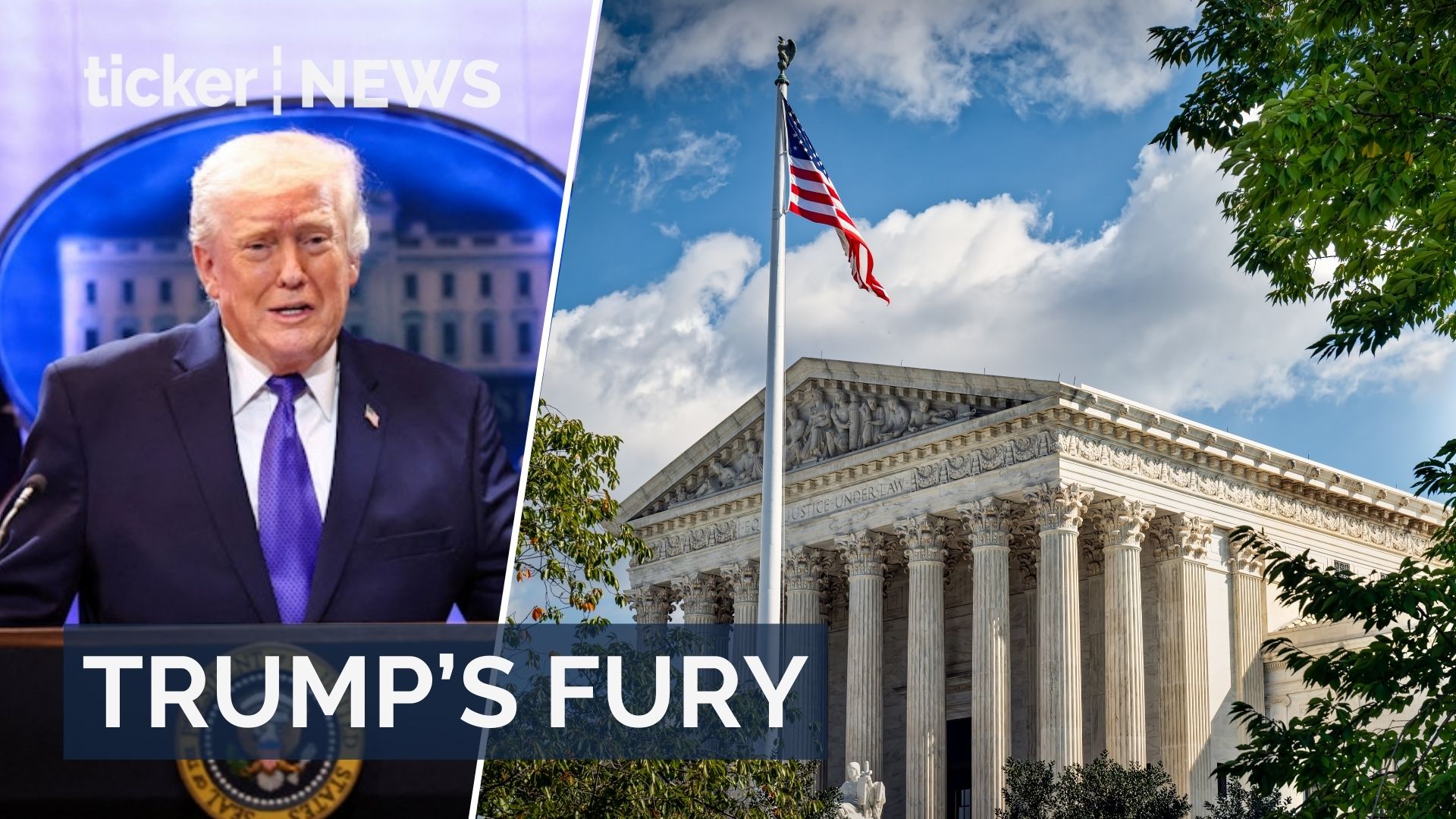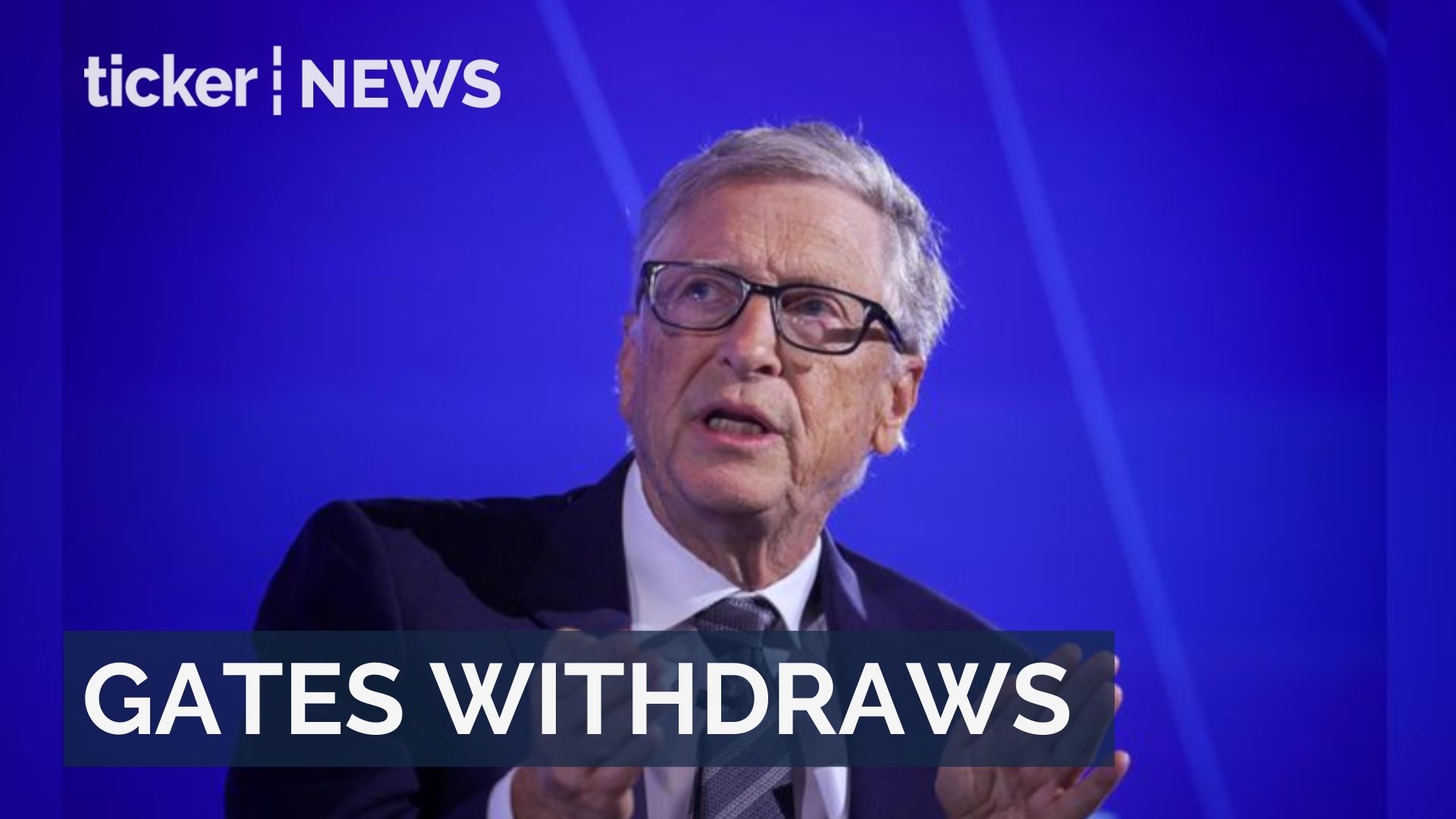News
National Guard ambush: Afghan man charged after D.C. shooting
Afghan national Rahmanullah Lakanwal arrested for shooting two National Guard members; FBI probes potential terrorism link.


News
UK police seek former aides’ insights on Prince Andrew
UK police contact ex-protection officers of Prince Andrew amid misconduct investigation linked to Jeffrey Epstein allegations
News
Supreme Court strikes down Trump’s tariffs, plans 10% global levy
Trump vows new 10% global tariff after Supreme Court rules against his previous tariffs, calling the decision ‘deeply disappointing’
News
Bill Gates withdraws from India AI Impact Summit before keynote
Bill Gates withdraws from India’s AI Impact Summit amid renewed scrutiny over past ties to Jeffrey Epstein.
-



 Tech2 days ago
Tech2 days agoSam Altman predicts superintelligence could appear by 2028
-



 News2 days ago
News2 days agoAndrew Mountbatten-Windsor released after 12-hour questioning
-



 News3 days ago
News3 days agoUkraine Russia peace talks stall with no breakthrough
-



 Tech3 days ago
Tech3 days agoZuckerberg testifies on social media addiction and child safety
-



 Money3 days ago
Money3 days agoAustralian Dollar surges: What $0.70 means for markets
-



 Ticker Views3 days ago
Ticker Views3 days agoCan diplomacy survive the Iran-US nuclear standoff?
-



 Money5 days ago
Money5 days agoBig tech stocks slide amid AI spending concerns
-



 News3 days ago
News3 days agoIran and U.S. reach preliminary nuclear agreement in Geneva








